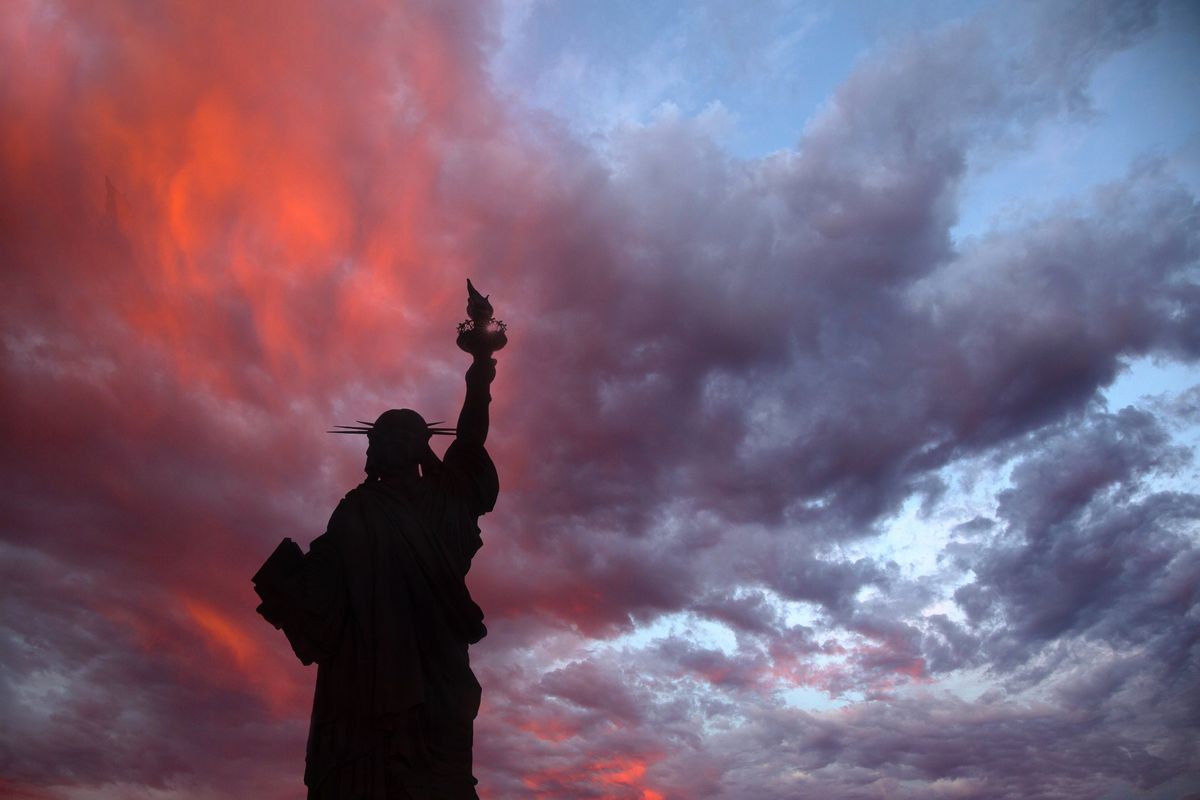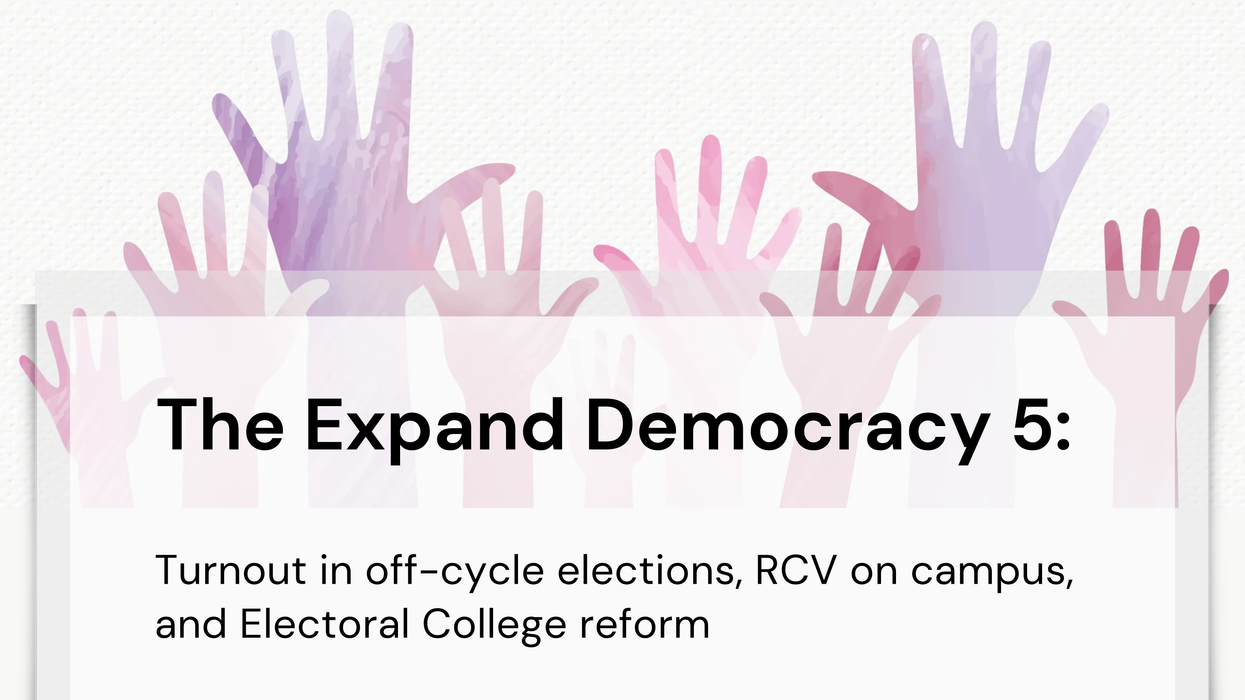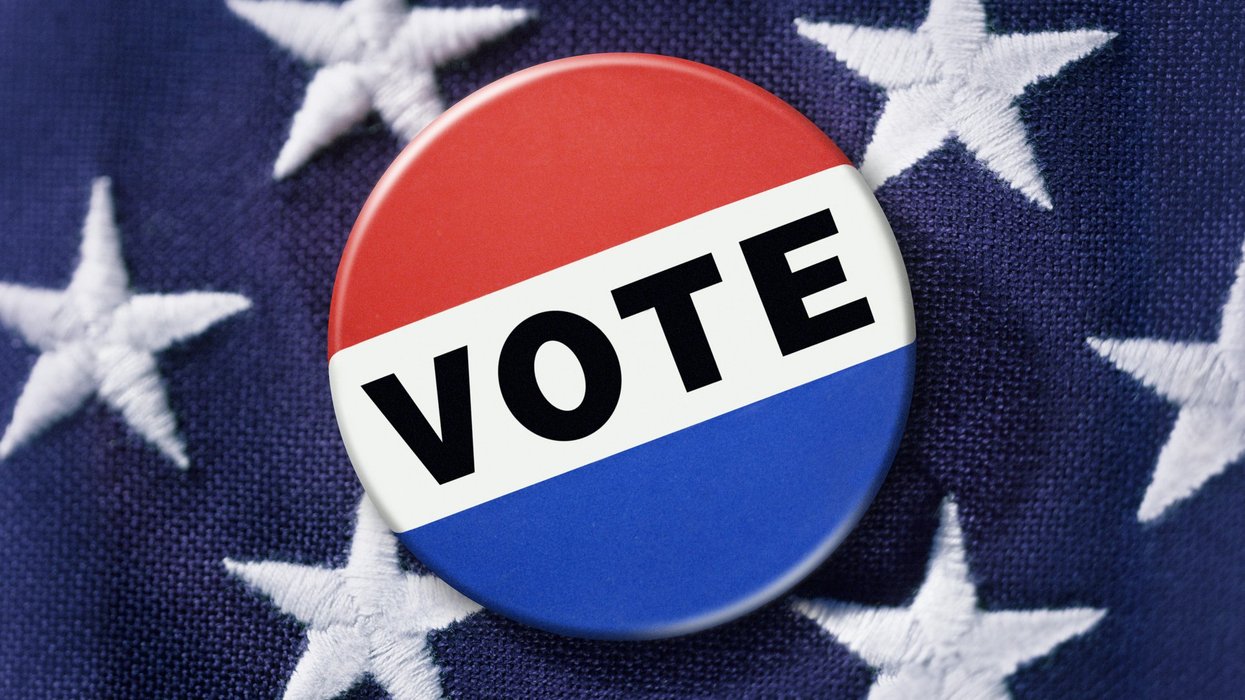The sweeping overhaul of Alaska elections that won narrow approval last month is already being challenged in court.
A lawsuit filed in state court Tuesday by members of three political parties argues the new system must be stopped before it violates Alaskans' right to free political association, free speech, petition, due process and other rights guaranteed by the U.S. and state constitutions.
If the suit fails, starting in 2022 the traditional partisan primaries will be eliminated in favor of single contests open to all candidates for governor, state executive offices, the Legislature and Congress. The top four finishers, regardless of party, will advance to a general election reliant on ranked-choice voting.
Alaska Independence Party Chairman Robert Bird, Libertarian Scott Kohlhass and Republican attorney Kenneth Jacobus sued a day after the state certified that the ballot measure prevailed by just 3,800 out of 344,000 votes cast, a margin of 1 percentage point.
The plaintiffs argue this new election system will prevent voters from participating in their political party's process for selecting candidates to represent them and the party in a manner consistent with the party's rules.
"All political parties may select their candidates in accord with the rules of each party. This right to do so is a right guaranteed to each party and its members by the First Amendment to the United States Constitution, applicable to the defendants through the Fourteenth Amendment and the Constitution of the State of Alaska. This right of all political parties and their members has been confirmed by the Supreme Court of the United States," the lawsuit argues.
Sign up for The Fulcrum newsletter
In addition, the suit maintains, electoral history in the state suggests that only Democrats and Republicans will advance to the November ballot, "leaving no room for members of other parties."
Defendants include the state Division of Elections and election officials. The Alaska Department of Law "will review the pleadings and respond in a timely manner," spokesperson Maria Bahr said.
In addition to making Alaska the only state other than Maine using ranked elections for almost all contests, the ballot measure also imposes new campaign finance disclosure requirements for legislative and local races.





















